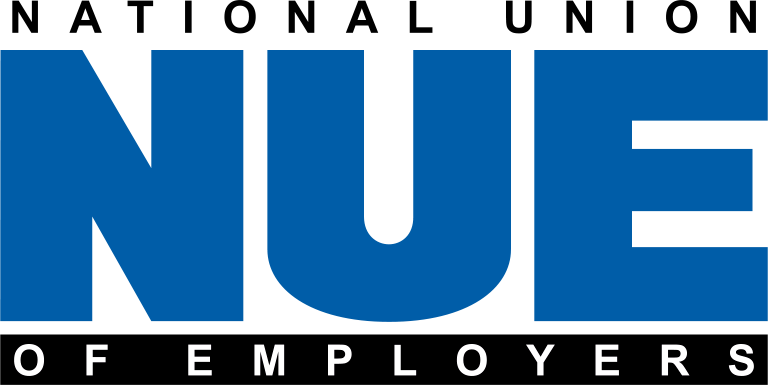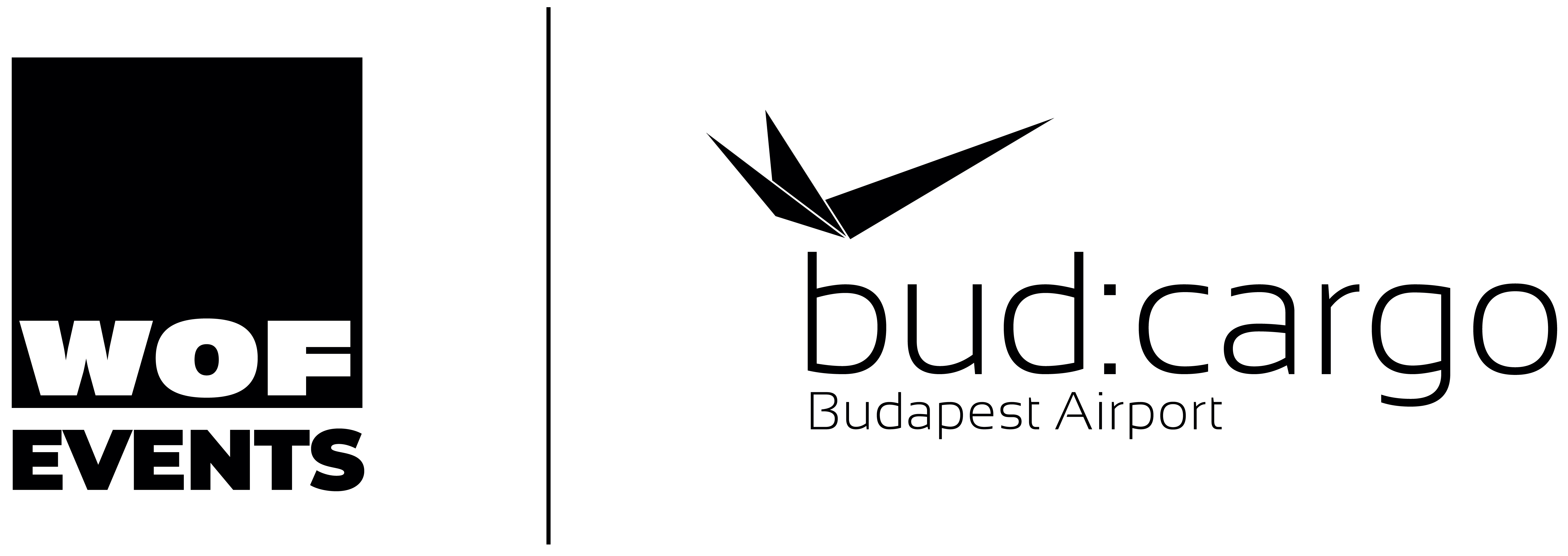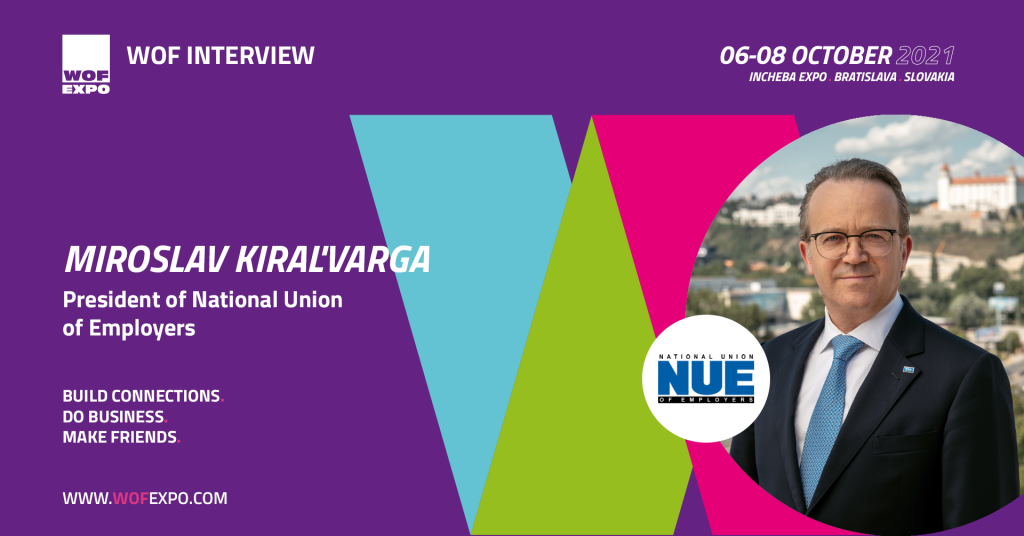Interview with Miroslav Kiraľvarga
| Mr. Miroslav Kiraľvarga has been the President of the The National Union of Employers (NUE) for the sixth year in a row, the most important organization that protects the rights and interests of employers in Slovakia. He also represents entrepreneurs at the European level as a member of the Council of Presidents BUSINESSEUROPE and he was the Vice President of this prestigious European Employers’ Federation from 2016 to 2019. Thanks to more than twenty-five years of practical experience, he knows the business environment very well – he started his career in 1995 at Procesná automatizácia VSŽ a.s … Four years later, he took up the position of the senior manager in the largest Slovak steel mills U.S. STEEL KOŠICE, where he still works today. He focused mainly on remuneration, human resources management and external relations. He also worked at U. S. Steel’s headquarters in Pittsburgh, USA for two years. He has been representing the current Slovak steelworks for more than eight years from the position of Vice President for External Relations, Management and Business Development. In the past, Miroslav Kiraľvarga was also the president of the Association of Metallurgy, Mining Industry and Geology and the president of the HC Košice hockey club. |
| 1. NUE represents all segments of the economy, from small companies to the largest employers in the Slovak Republic. Would you be able to summarize the strategic priorities of NUE for the near future? Our main task is to represent and defend the interests of Slovak employers for more than 17 years now, regardless of whether they are small businesses or large industrial players. As members of the tripartite, we participate in the creation of key legislation that directly affects the lives of entrepreneurs in Slovakia. RÚZ has long promoted measures in favor of the business environment – our priorities include, for example, reducing the tax and levy burden or cutting the red tape. We are also fighting for the legislative predictability of the laws passed – that is, so that in practice it does not happen that some legal regulations change “from day to day”, but so that entrepreneurs have time to prepare. Last but not least, we also focus on the issue of dual education – in practice we often encounter that the education system is not able to produce enough qualified graduates, which means that many of them are not able to fully participate in the labor market. On the other hand, it also complicates the lives of entrepreneurs who often have a problem with labor shortages. From this point of view, it is crucial for us to connect key schools directly with employers and give students a chance to gain practice and the necessary knowledge directly from them, even during their studies, which ultimately benefits students, employers and the state. 2. One of your goals is to help entrepreneurs and businesses to digital transformation. Could you present to us the proposals of the European Commission concerning the digital market and highlight those that are in line with the objectives of the NUE? Last year alone, an estimated 59% of European companies earned more than a quarter of their e-commerce revenue, and up to 61% of entrepreneurs consider their success to be highly or completely dependent on online platforms, with the global coronavirus pandemic further exacerbating the trend. The dependence of economies on online platforms is deepening, which is why there is a need to consolidate and regulate them, which go hand in hand with harmonized and fair measures. NUE supports the European Commission’s goal of building an open and competitive European digital market. However, we are convinced that measures should not be an obstacle to further European digitization. Large and small companies use online tools primarily to grow their business more easily and at lower cost. The European Commission should therefore ensure that the new rules do not burden businesses in a way that limits their growth and limits their ability to offer services across the EU and globally. In our view, the rules should be based primarily on principles that can be applied to a wider range of digital platforms, but together with more precise recommendations that take into account specific technologies. It should be recalled that digital platforms are already to some extent regulated, but competition rules do not sufficiently address some specific specificities. For example, the rules and obligations of the Digital Market Act (DMA) are taken from specific cases, but these have subsequently been generalized in order to apply them to all other business models, which is not possible in practice. Therefore, in our opinion, it would be more appropriate to approach individual models on a case-by-case basis, otherwise it could have a negative impact on the effectiveness of the regulation itself. 3. The plan of the European Green Agreement is to bring Europe to carbon neutrality by 2050. In your opinion, what are the challenges related to the decarbonisation of the Slovak economy and industry? The green transformation that awaits us in the coming period is undoubtedly the greatest social change since the days of the industrial revolution. In this context, the biggest challenge for Slovak industry remains the need to ensure not only the technical but also the economic feasibility of this process, without losing competitiveness, the outflow of investment or the number of jobs. The fact remains that in countries outside the European Union, the same strict environmental standards and rules are often not applied in the production process, which puts our industry at risk and puts it at a competitive disadvantage. On the road to decarbonisation, it is therefore necessary to support the domestic industry and protect it from competition from these, so to speak, favored countries. Otherwise, we will feel the consequences of the risk of carbon leakage, ie. the outflow of production to countries with lower environmental standards. An undesirable consequence of a green Europe would be the loss of traditional industry, the consequent total dependence on imports from non-European countries, and, last but not least, the loss of jobs with other negative social and economic effects. The decarbonisation process itself depends on the development and implementation of breakthrough technologies and methods, which are associated with disproportionately higher energy intensity. It requires not only a large amount of reliable energy supply, but especially green energy at market prices. NUE unites a number of energy-intensive companies, which will increase their electricity consumption several times as a result of the transition to green energy. However, Slovakia does not currently have sufficient capacity for cheap and, moreover, ecologically produced electricity. Therefore, a comprehensive transformation of energy is needed, which would ultimately, among other things, ensure better conditions and prices for the supply of electricity to large consumers. An important part of the decarbonisation of European industry is also the stimulation of consumer demand for low-carbon products. Without ensuring that such green products are ultimately able to compete with conventional products inside and outside the Union, the decarbonisation process will lose its justification. Due to the already mentioned factors entering the decarbonization process, the introduction of new technologies in production will be costly for companies – we are talking not only about huge initial investments, but also about incomparably higher operating costs that newly introduced production processes will bring.These cannot be managed economically while maintaining competitiveness without support or co-financing from public sources at European or national level. Only if the framework conditions are set correctly and the pillars of our economy and jobs receive sufficient support can we subsequently speak of decarbonisation not only as a challenge, but as an opportunity for the national and European economy. If Europe manages to build the first public market for green products, it will be to our advantage. 4. The digitization of freight and logistic sector is gaining momentum mainly due to the current pandemic situation. Do you think that successful implementation of innovations will streamline logistics in general and the processes ? Yes, the successful implementation of digitization innovations streamlines logistics and the processes in it. It is important that as many entities in the system as possible know how to use digital platforms, because the effect will be most pronounced only in the system itself. State and control bodies must also go through digitization, because no matter how much the carrier or the forwarder will have the processes digitized, unless the state administration is at the same level, we will not be able to move forward. 5. What do you think about positioning the WOF EXPO in the region of Central and Eastern Europe? Similar exhibitions in the areas of digitization, logistics and startups are a common phenomenon abroad, and are even considered one of the most prestigious. They are highly valued especially because they make it possible to establish and gain valuable contacts. They connect personalities from key industries, which also creates space for new business opportunities. I perceive as a positive that such an event also comes to the region of Central and Eastern Europe, all the more so because its first year takes place in Slovakia. |
 | National Union of Employers (NUE) is an active participant in designing and implementing measures, economic & social policies to protect the business and market environment at both national and international levels. As an official social partner and a member of the Economic and Social Council of the Slovak Republic, we speak for more than 1300 members from across industries with over 250 thousand employees. The current President of NUE is Miroslav KIRAĽVARGA, Vice President External Affairs, Administration and Business Development at U.S. Steel Košice; the 1st vice president is Mário LELOVSKÝ, First Vice-president at ITAS.
www.ruzsr.sk |

